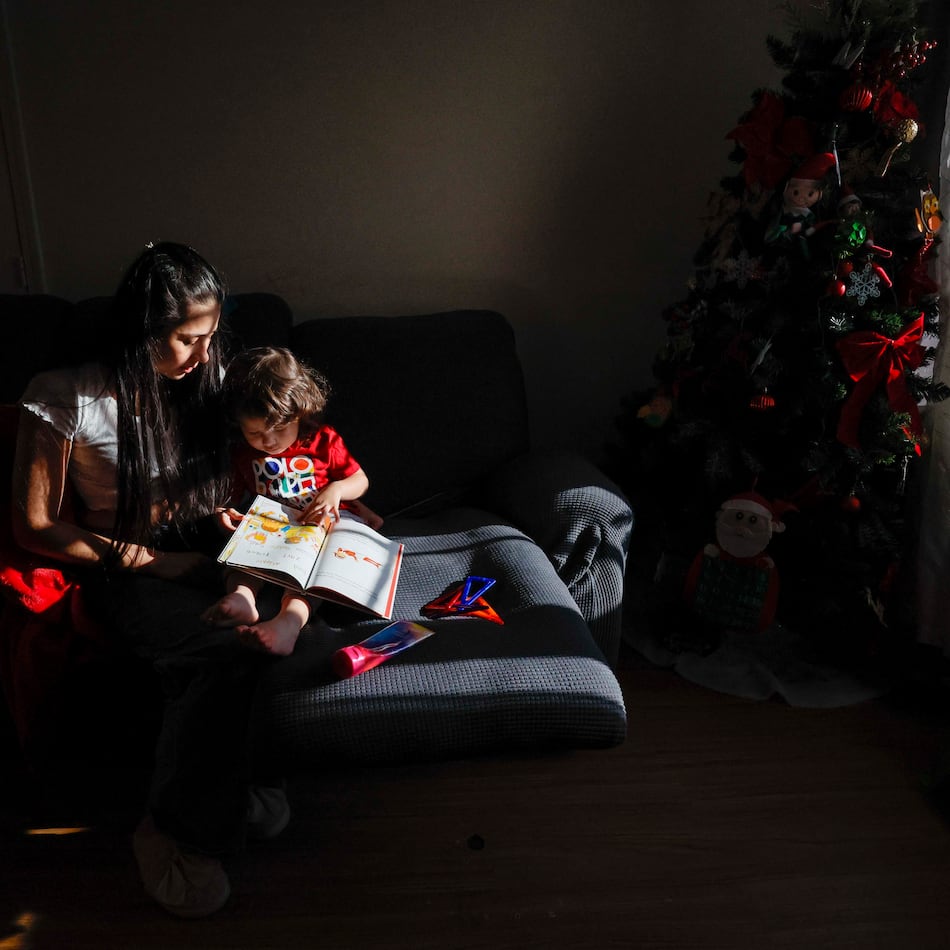Amid the dusty keepsakes often discovered in archaeological digs of a parent’s attic or basement are their children’s report cards with scribbled accolades from teachers about Jasmine’s cooperative attitude or Joseph’s mastery of multiplication facts.
In a new book, Atlanta native Wade H. Morris seeks to answer the question: Why are these pieces of paper so ubiquitous and so powerful? Morris visited dozens of archives to research “Report Cards: A Cultural History” and found report cards buried in family papers in all of them. “This pattern transcended class, race, region and era,” he said.
When report cards began appearing in the 1840s and 1850s, Morris said, “A lot of families kept these report cards to document their participation in this new experiment in nation building that we now call public schools.”
Rural working-class families preserved report cards to document their struggle to better the lives of their children. “There was a sincere belief in the 1870s and 1880s that education was a force for social mobility and, again, the report card was a physical manifestation of that dream for one’s children to move into the middle class,” said Morris.
His book traces the origin of report cards and their emergence as a childhood touchstone. Many adults can still recite teacher remarks that appeared on their elementary school report cards. In his Netflix comedy special, Jerry Seinfeld displayed his third grade report card, which included the observation: “Jerry does a little too much fooling around in class.”
Morris graduated from the Lovett School in 2000 and returned to teach history there after earning degrees from the University of Virginia and Georgetown University. He earned a doctorate in education from Georgia State University in the spring of 2022. With his wife and three children, Morris moved last year to Tanzania, where he teaches history and global politics at an international boarding school in Moshi, a semi-rural area at the base of Mount Kilimanjaro. The school is part of the United World College movement, a network of 18 boarding schools around the world with a mission to promote global peace through international education.
Credit: Contributed
Credit: Contributed
Drawing on educator memoirs, minutes of faculty meetings and diaries, Morris recounts exasperated teachers searching for ways to exert control over students after physical force and coercion fell out of favor. Report cards also served to turn parents into allies or at least not active opponents. While we tend to view teacher-parent tensions as a byproduct of today’s divisive politics, Morris said the bond has always been fractious.
“Basically, almost nothing is new when it comes to parents and teachers getting mad at each other,” said Morris. The antebellum period in American schools was particularly impassioned. “Teachers used force to control students, but students in turn resisted with force. Parents sometimes resorted to violence in disputes with teachers. They leveraged their power to have teachers fired.”
An 1850 Common School Journal scolds parents for indulging their children, warning the outcome will be “a dunce in school ... a bad, unruly citizen, a tyrant in his own house without one trait of moral goodness.”
As report cards gained wider acceptance, so did written assessments, which spread after Boston introduced year-end exams in 1845 as an alternative to evaluating students through oral recitations. To share the educational burden with parents, schools started sending pupils home with work to do at night, which ended up falling on mothers for the most part to supervise, said Morris.
Report cards were not without critics, who argued schools were becoming regimented, mechanical and mindless. In the 180 years since report cards took root, Morris said, “Educators have periodically tried to change the system of grades. Not only has academic grading and reporting survived these reform efforts, but it has thrived despite the criticism.”
Morris’ parents saved his report cards, and he and his wife keep their children’s digitized in Google Drive. Yet, his feelings about report cards are mixed. As an education historian, Morris said the past shows us the fallacy of forsaking established practice for easy fixes. He endorses incremental changes, saying, “One idea is to make grades on a report card less permanent, giving students the ability to retake summative assignments to show growth.”
He also favors expanding report cards to portfolios of student work and deeper teacher narratives about a student’s development so families see more than a column of numbers or letters.
“All of these reforms, however, add mountains of work to our already overworked teachers,” Morris said. “So fundamentally, we need more investment in teachers, more autonomy for teachers, smaller class sizes and lighter workloads for all of this to work.”
About the Author
The Latest
Featured




